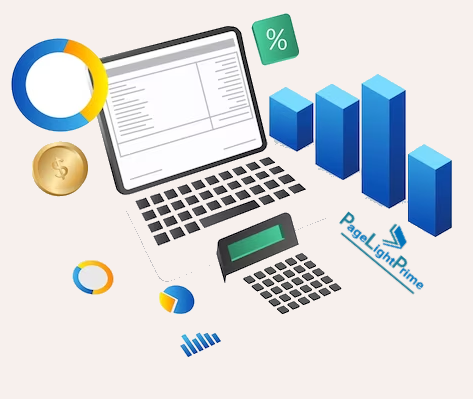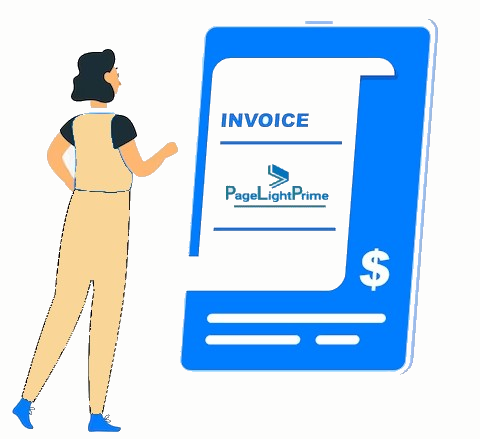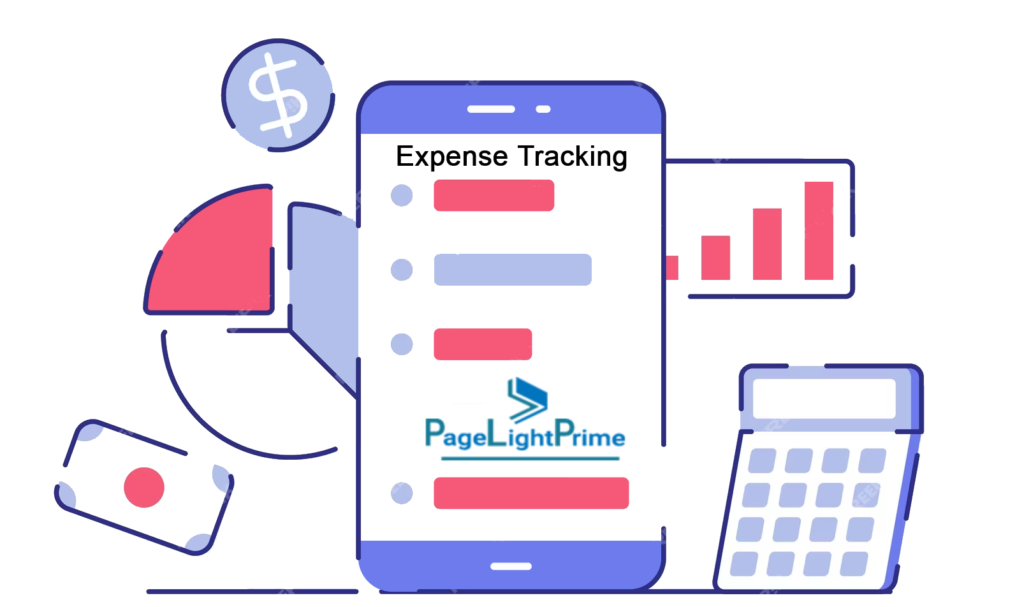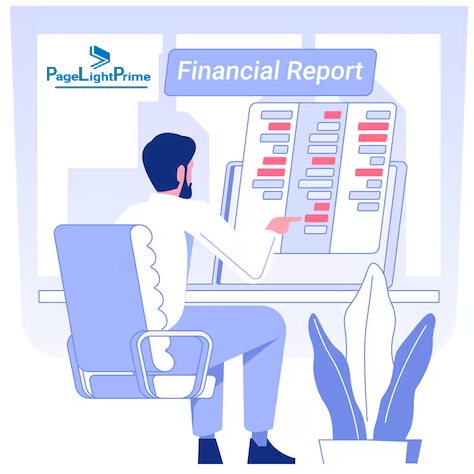Seven Must-Have Features of Legal Accounting Software
Efficient financial management is essential for a law firm’s success and long-term viability. Legal accounting software has emerged as a vital resource for attorneys and legal practitioners, facilitating the optimization of financial processes, adherence to regulatory requirements, and the overall financial well-being of their practices. Given the plethora of choices available in the market, it is imperative to be well-informed about the indispensable features that can significantly enhance the efficient management of your law firm’s finances.
Written by Knowledge Team, posted on October 06, 2023

In this review, we will delve into the seven critical features that every modern Legal accounting software should incorporate to empower law firms to thrive in the year 2023 and beyond.
Trust Accounting Compliance
Trust accounting is a critical component of legal practice, as attorneys often handle client funds in the form of retainers and settlements. Any legal accounting software worth its salt must be fully compliant with trust accounting regulations. This means it should enable you to segregate client funds from the firm’s operating funds, generate accurate trust account ledgers, and provide features to prevent commingling of funds.
A good trust accounting feature should also include safeguards such as transaction reconciliation and automatic generation of compliance reports. This ensures that you remain in compliance with your jurisdiction’s rules and regulations, reducing the risk of malpractice claims and disciplinary actions.
Billing and Invoicing Capabilities
Law Firm Billing is at the heart of every law firm’s revenue generation process. Legal accounting software should offer comprehensive billing and invoicing capabilities, allowing you to bill clients for your services in a timely and accurate manner. Look for software that enables you to:

- Customize invoices to match your firm’s branding.
- Set up different billing arrangements, including hourly rates, flat fees, and contingency-based billing.
- Automatically generate invoices based on time entries or predefined billing arrangements.
- Track outstanding invoices and send reminders to clients for payment.
- Integrate payment gateways to facilitate online payments.
Efficient billing and invoicing processes not only improve cash flow but also enhance client satisfaction by providing transparency and professionalism in financial transactions.
Expense Tracking and Management
Legal practice involves various expenses, such as court fees, travel expenses, research costs, and office supplies. A robust legal accounting software should offer comprehensive expense tracking and management features. This includes:
- Recording and categorizing expenses.
- Attaching receipts and documentation for verification and audit purposes.
- Integration with credit card and bank accounts for automated expense tracking.
- Real-time expense reporting to monitor spending and make informed financial decisions.
- The ability to allocate expenses to specific clients or matters for accurate cost recovery.

Efficient expense management helps in controlling costs and ensuring that expenses are accurately allocated to clients, improving profitability.
Time Tracking and Management
Accurate time tracking is crucial for billing clients correctly and assessing the profitability of each matter. Legal accounting software should provide robust time tracking and management capabilities, such as:

- Easy-to-use time entry tools for recording billable and non-billable hours.
- Integration with calendars and case management software for automatic time tracking.
- The ability to assign time entries to specific clients, matters, or activities.
- Generate detailed time reports for billing and internal analysis.
- Set hourly rates and billing rules for different clients and matters.
Efficient time tracking not only maximizes revenue but also helps in better resource allocation and evaluating the profitability of various legal services.
Financial Reporting and Analytics
Legal accounting software should offer a wide range of financial reporting and analytics tools to help law firms make informed business decisions. Look for software that provides:
- Standard financial reports like profit and loss statements, balance sheets, and cash flow statements.
- Customizable reports to track key performance indicators specific to your firm’s goals.
- Advanced analytics features that offer insights into revenue trends, expense patterns, and client/matter profitability.
- Forecasting capabilities to project future financial performance based on historical data.

Having access to detailed financial reports and analytics is essential for strategic planning, budgeting, and ensuring the long-term financial health of your firm.
Integration and Compatibility
Efficiency is the key to success in the legal industry. Legal accounting software should be able to seamlessly integrate with other software tools commonly used by law firms, such as practice management software, document management systems, and email clients. Integration eliminates the need for duplicate data entry, reduces errors, and streamlines workflow processes.
Additionally, compatibility with different operating systems (Windows, macOS) and mobile devices (iOS, Android) ensures that legal professionals can access their financial data from anywhere, at any time, and on any device.
Data Security and Compliance
Data security is paramount in legal practice, as sensitive client information is routinely handled. Ensure that the legal accounting software you choose complies with industry-standard security protocols, such as encryption, multi-factor authentication, and regular data backups. It should also adhere to data protection regulations like GDPR or HIPAA, depending on your jurisdiction and client base.
Conclusion
Legal accounting software is an indispensable tool for modern law firms looking to enhance financial efficiency, ensure compliance, and make informed business decisions. When selecting legal accounting software, prioritize features such as trust accounting compliance, billing and invoicing capabilities, expense tracking and management, time tracking and management, financial reporting and analytics, integration and compatibility, and data security and compliance.
Investing in the right legal accounting software can significantly improve your firm’s financial health, reduce the risk of legal malpractice, and enhance client satisfaction. Ultimately, it allows legal professionals to focus on what they do best: practicing law.
